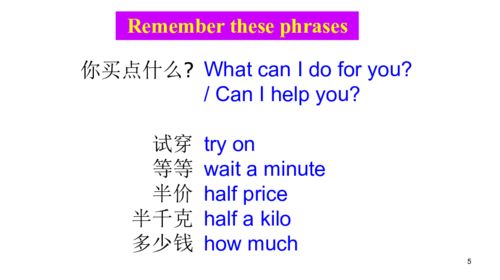
Understanding Depression

Depression is a complex mental health condition that affects millions of people worldwide. It’s characterized by persistent feelings of sadness, loss of interest in activities, and a general sense of hopelessness. If you’re struggling with depression, you might be wondering if you can file for disability. Let’s delve into this topic and explore the various aspects involved.
What is Disability?

Disability refers to a physical or mental impairment that substantially limits one or more major life activities. This can include basic tasks such as walking, seeing, hearing, speaking, breathing, learning, and working. When it comes to mental health conditions like depression, the Social Security Administration (SSA) defines disability as a mental disorder that causes marked difficulties in maintaining social functioning, concentration, persistence, or pace, or in adapting to changes in the environment, and results in an inability to do basic work activities.
Can I File for Disability Due to Depression?

Yes, you can file for disability due to depression. However, the process can be complex and requires meeting certain criteria. The SSA has specific guidelines for evaluating mental disorders, including depression. Let’s explore the key factors that come into play.
Medical Evidence
One of the most crucial aspects of filing for disability due to depression is providing sufficient medical evidence. This includes a detailed medical history, psychiatric evaluations, and treatment records. The SSA looks for evidence of the following:
| Medical Evidence Required | Description |
|---|---|
| Medical History | Documentation of your depression, including the duration, severity, and any previous treatments. |
| Psychiatric Evaluations | Assessments by a psychiatrist or psychologist that detail the symptoms, diagnosis, and impact of depression on your daily life. |
| Treatment Records | Documentation of any medications, therapy, or other treatments you’ve received for depression. |
Impact on Daily Life
The SSA evaluates how depression affects your ability to perform daily activities. They consider factors such as your ability to maintain social relationships, concentrate, and adapt to changes. It’s important to provide examples of how depression has impacted your daily life, such as difficulties in maintaining employment, relationships, or self-care.
Work History
Your work history is also a crucial factor in the disability application process. The SSA assesses your ability to perform past work and whether you can adjust to a new type of work. They consider factors such as your education, job skills, and the physical and mental demands of your previous jobs.
Application Process
Filing for disability due to depression involves several steps:
-
Complete the disability application form, which includes personal information, medical history, and work history.
-
Submit all required medical evidence, including psychiatric evaluations, treatment records, and medical history.
-
Wait for the SSA to review your application and request additional information if needed.
-
Attend a consultative examination, if required, to assess your mental and physical condition.
-
Wait for a decision on your application, which can take several months.
Seeking Legal Assistance
The disability application process can be challenging, especially if you’re dealing with a mental health condition like depression. Seeking legal assistance from a disability attorney or advocate can help navigate the process and increase your chances of a successful application.
Conclusion
Filing for disability due to depression is possible, but it requires meeting specific criteria and providing substantial medical evidence. Understanding the process, gathering the necessary documentation, and seeking legal assistance can help increase your chances of a successful application. Remember, it’s important to prioritize your mental health and seek support from healthcare professionals and support networks throughout the process.






